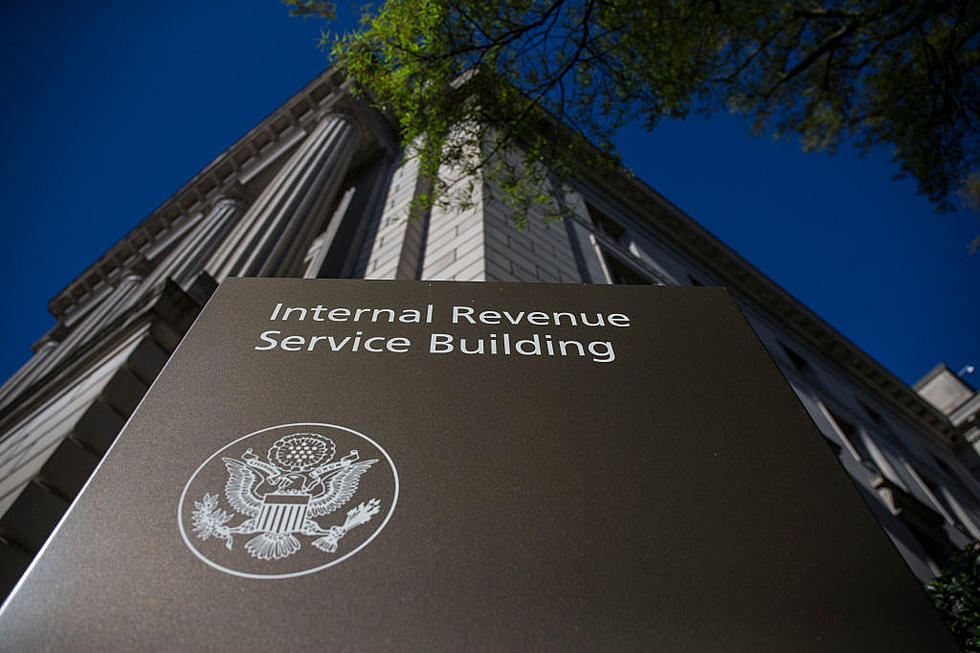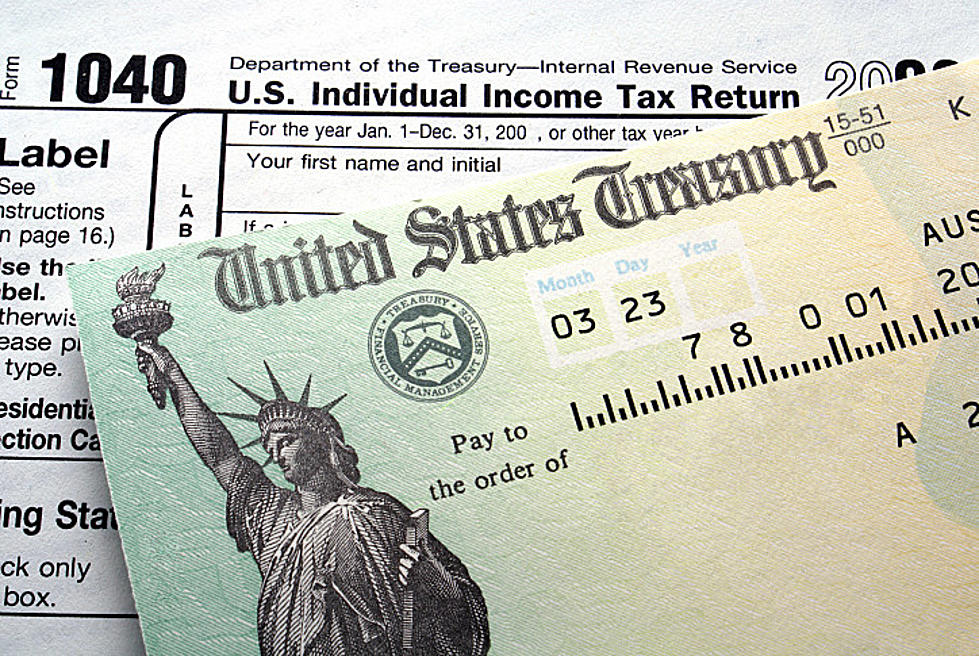
Tax Tip: Sweat The Small Stuff
You know the old cliche "don't sweat the small stuff," right? Well the Internal Revenue Service says inattention to the small stuff when preparing tax returns can actually trip up a taxpayer enough that their refund is delayed.
IRS Michigan spokesperson Luis Garcia tells WBCK there are several ways this happens:
- Wrong or Missing Social Security Numbers. Be sure you enter all SSNs on your tax return exactly as they are on the Social Security cards.
- Wrong Names. Be sure you spell the names of everyone on your tax return exactly as they are on their Social Security cards.
- Filing Status Errors. Some people use the wrong filing status, such as Head of Household instead of Single. The Interactive Tax Assistant on IRS.gov can help you choose the right status. If you e-file, tax software helps you choose.
- Math Mistakes. Math errors are common. Tax preparation software does the math for e-filers.
- Errors in Figuring Tax Credits or Deductions. Many filers make mistakes figuring their Earned Income Tax Credit, Child and Dependent Care Credit, and the standard deduction. If you’re not e-filing, follow the instructions carefully when figuring credits and deductions. For example, if you’re age 65 or older or blind, be sure you claim the correct, higher standard deduction.
- Incorrect Bank Account Numbers. Choose direct deposit for your refund. It’s easy and convenient. However, be sure to use the right routing and account numbers on your return. The fastest and safest way to get your tax refund is to combine e-file with direct deposit.
- Forms Not Signed. An unsigned tax return is like an unsigned check – it’s not valid. Both spouses must sign a joint return. You can avoid this error by e-filing your taxes since you must digitally sign your tax return before you send it to the IRS.
- Electronic Filing PIN Errors. When you e-file, you sign your return electronically with a Personal Identification Number. If you know last year’s e-file PIN, you can use that. If you don’t know it, enter the Adjusted Gross Income from the 2014 tax return that you originally filed with the IRS. Do not use the AGI amount from an amended return or a return that the IRS corrected.
- Health Care Reporting Errors. The most common health care reporting errors that taxpayers make involve failing to claim a coverage exemption and not reconciling advance payments of the premium tax credit. If you don’t have qualifying health care coverage but meet certain criteria, you might be eligible to claim an exemption from coverage and avoid an unnecessary payment when you file your tax return. If you enrolled in health coverage through the Health Insurance Marketplace and received advance credit payments, you must file a tax return to reconcile the advance payments made on your behalf with the amount of your actual premium tax credit.
Hear The Richard Piet Show weekday mornings from 5:30-9 on WBCK.
More From WBCKFM









